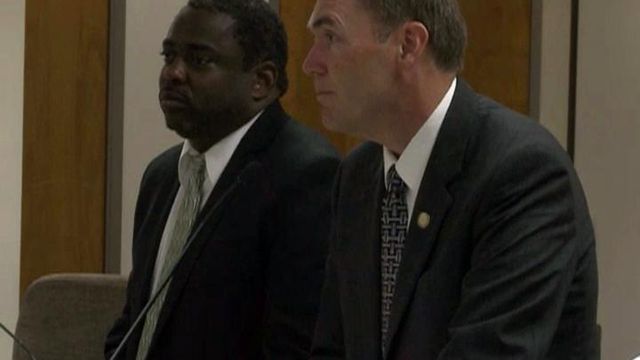Senators question grants for special-needs students
Families of special-needs students could receive grants of up to $6,000 a year for therapy outside of public schools under a bill approved Tuesday by a House committee.
Posted — UpdatedThe bill, passed last month by the House, sets aside more than $3.6 million in the 2013-14 school year to reimburse families who enroll their special-needs children in private schools for the psychological, speech, occupational or other therapy provided to the students.
The legislation would replace a tax credit for the families of special-needs students that lawmakers approved two years ago.
Co-sponsor Rep. Bert Jones, R-Rockingham, said the bill would help families get children the services they need, help school districts by freeing up resources and help taxpayers by saving money.
Legislative staff said, however, that replacing the tax credit with the scholarships would cost the state at least $2 million a year for the next five years.
"When do we ever get ahead since the public is going to be paying less for these kids than the cost," Tillman said. "We've got to figure out when that trigger is."
Co-sponsor Rep. Paul Stam, R-Wake, said the scholarship program is better than the tax credit since it will be open to more people.
About 620 families claimed the tax credit in 2011, and preliminary estimates for 2012 show 485 families claiming the credit, according to legislative staff.
Sens. Angela Bryant, D-Nash, and Gladys Robinson, D-Guilford, wanted to know who would ensure that the children were receiving the needed services and whether school districts would be held liable if they weren't.
Stam said parents would have to prove to state officials that the services have been provided and that school districts would be completely out of the loop under the proposal.
Related Topics
Copyright 2024 by Capitol Broadcasting Company. All rights reserved. This material may not be published, broadcast, rewritten or redistributed.






